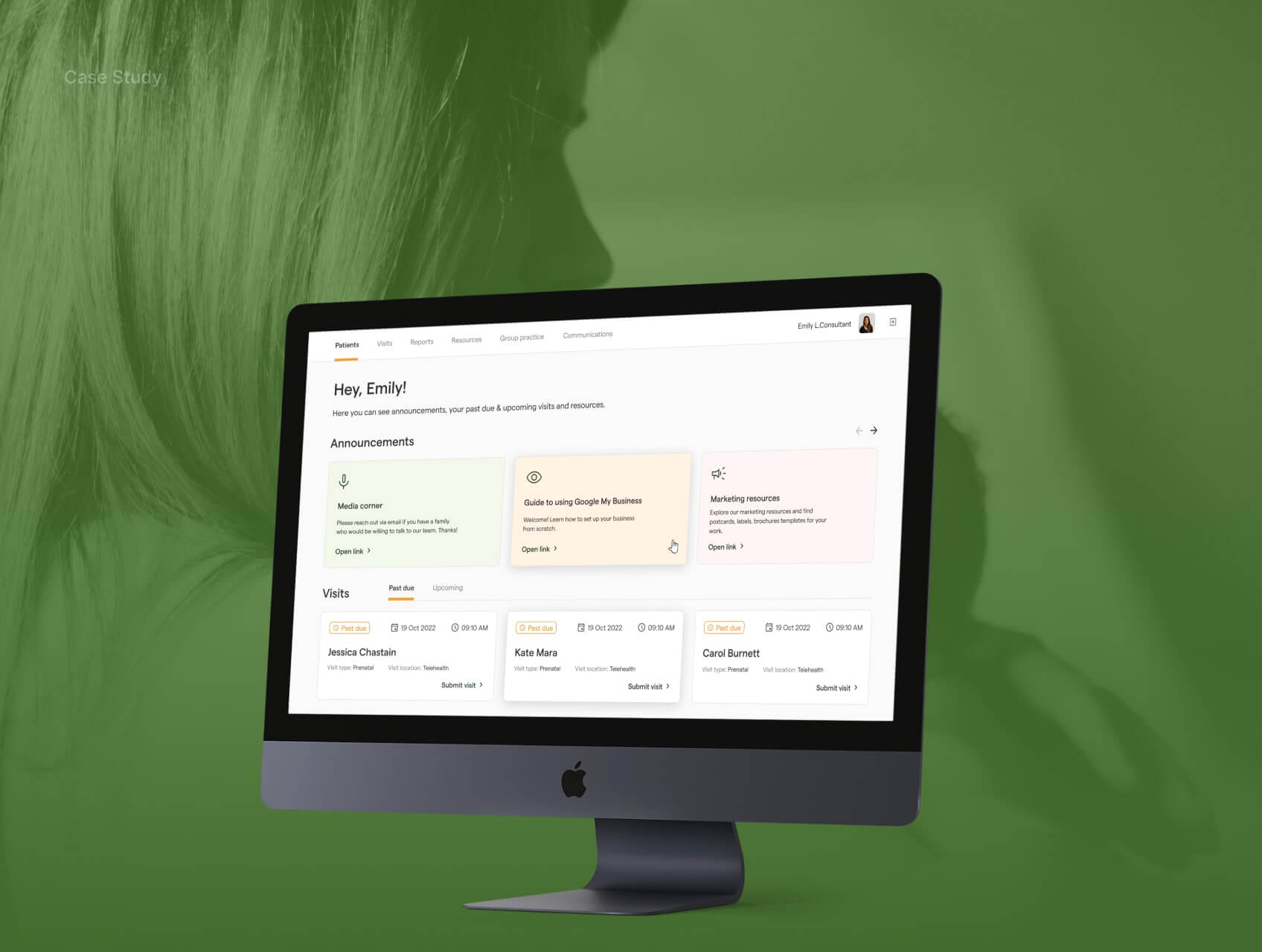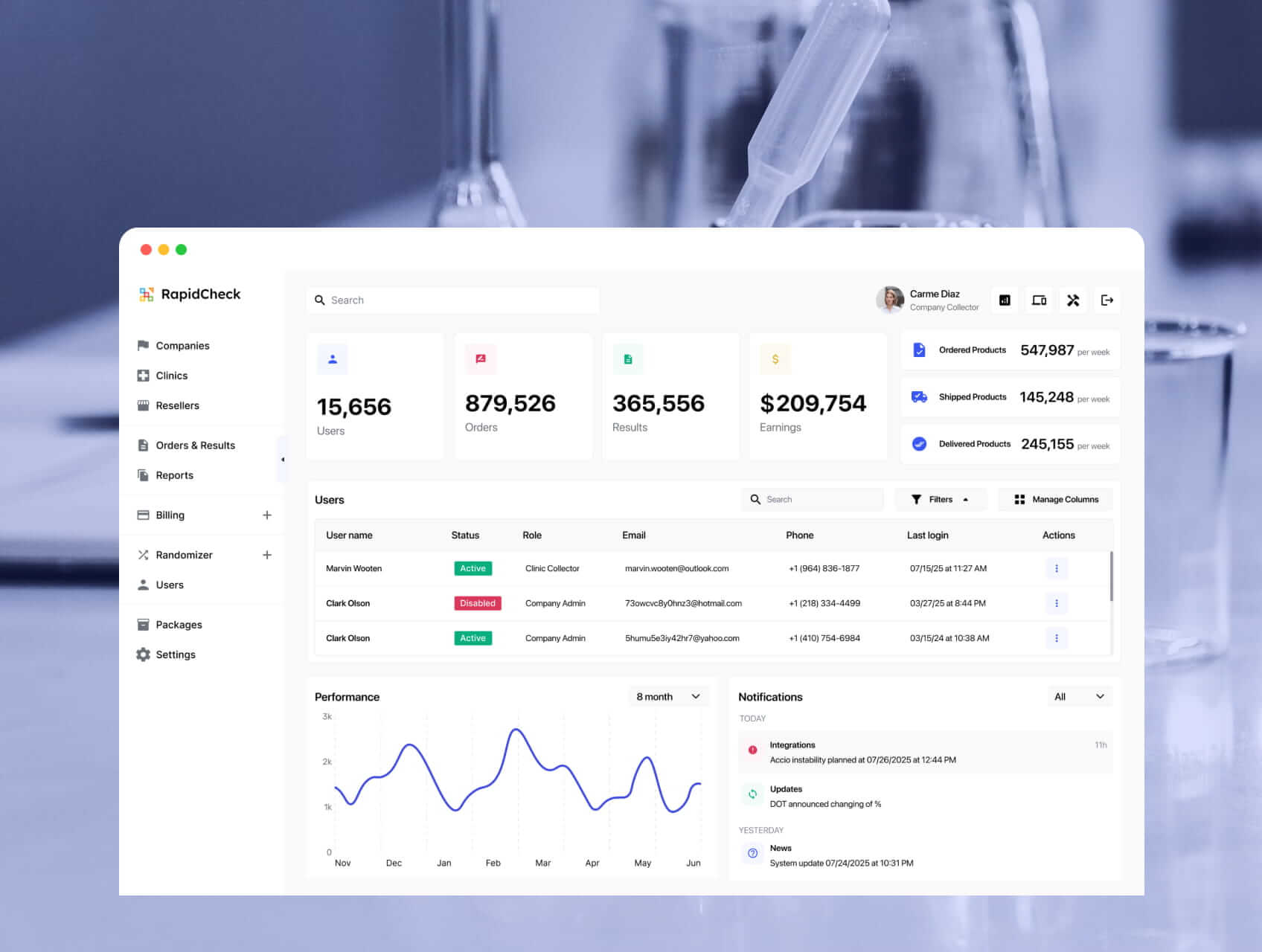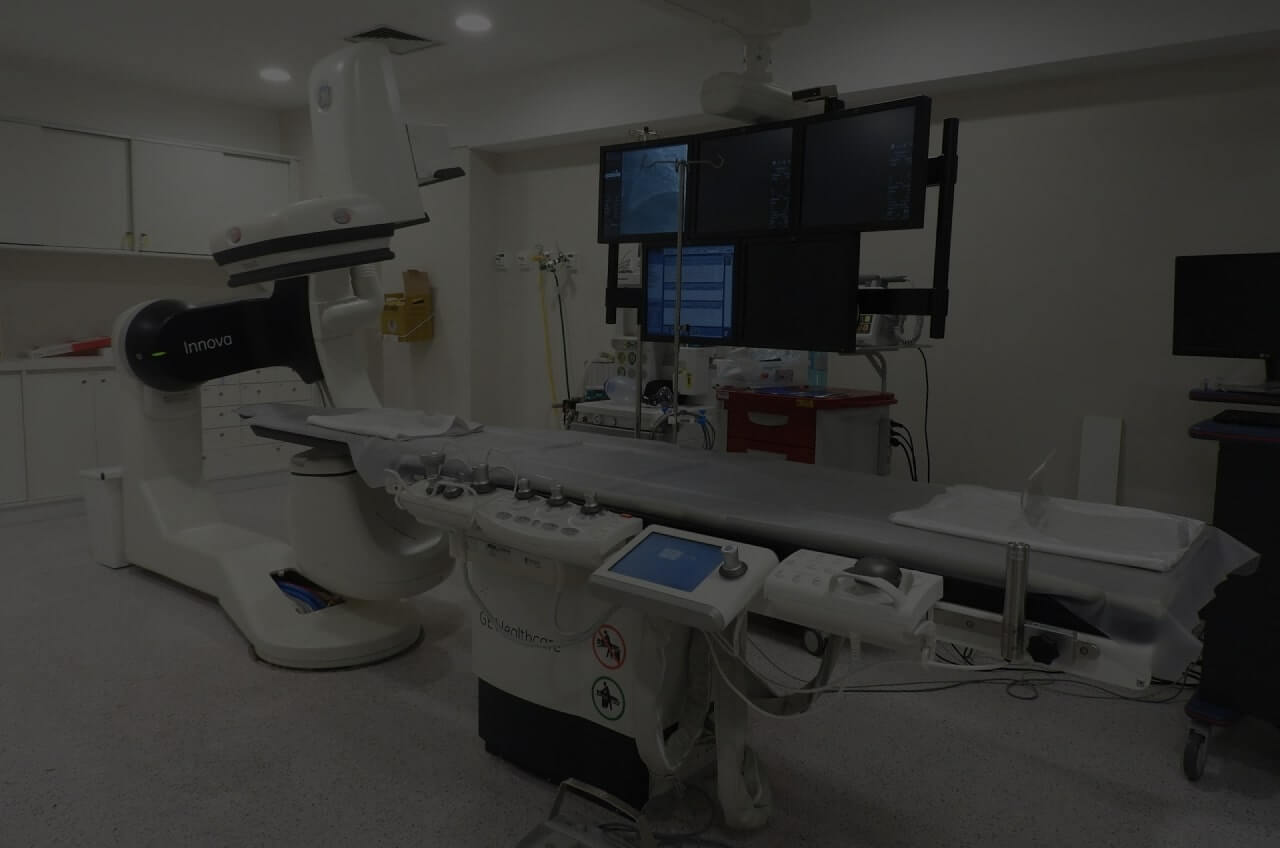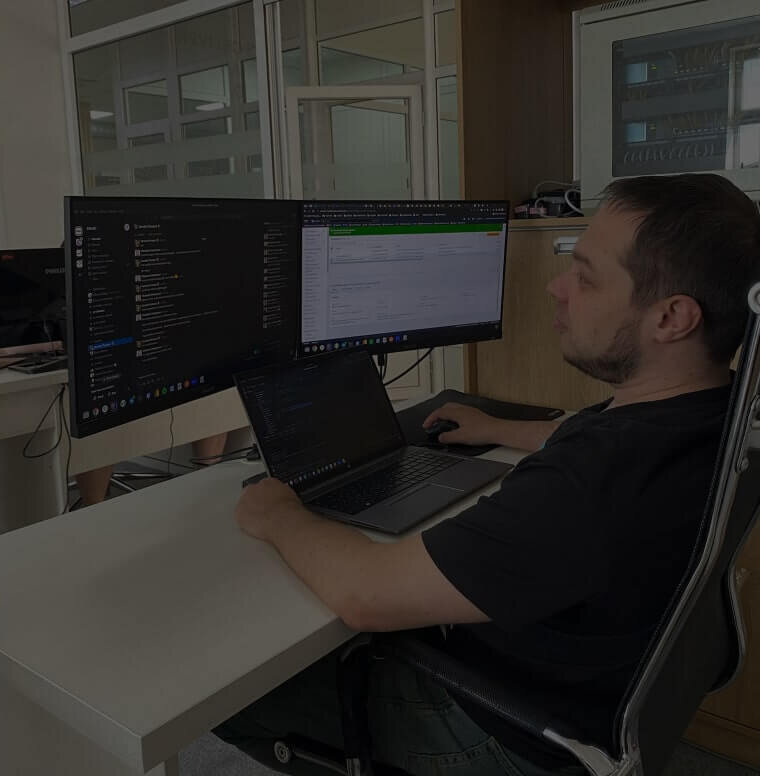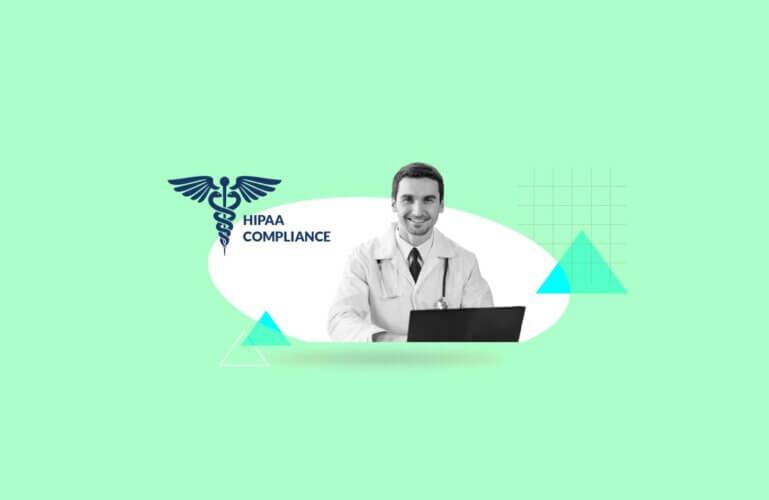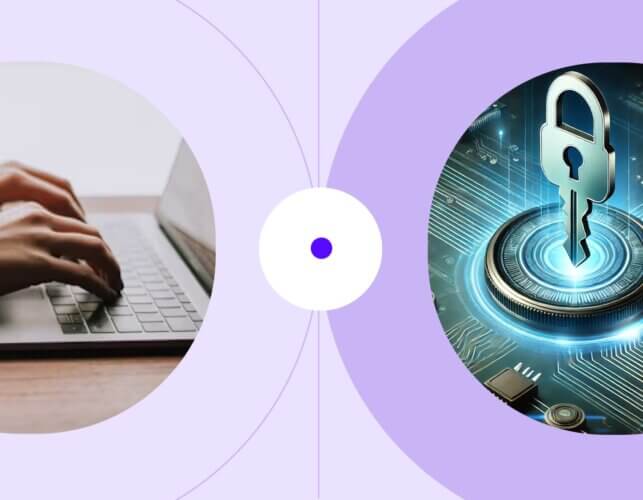Trusted by
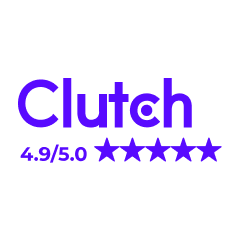

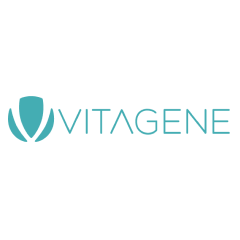


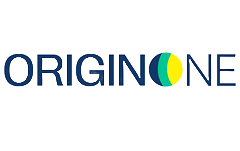

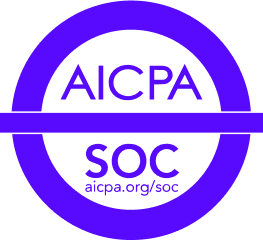
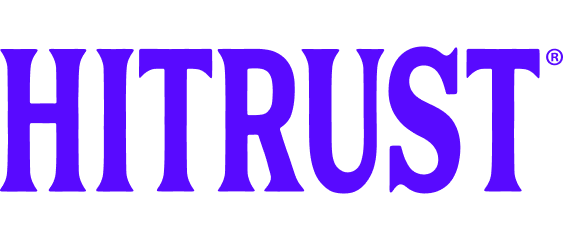

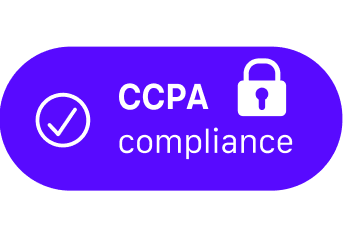
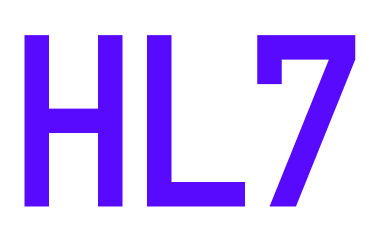
Discover your perfect EHR software
Life is too short to build bad software. With 15 years of experience in the industry, we’ll help you separate the wheat from the chaff and turn those good ideas into a successful product. No fluff, just the features users need the most.
Clinical care and documentation
Patient charts and progress notes ⬩ Medical history tracking ⬩ Clinical decision support systems (CDSS) ⬩ e-Prescribing ⬩ AI scribes & document processing ⬩ Practice management
Patient engagement
Patient portal/point of access ⬩ Secure messaging ⬩ Telehealth ⬩ Appointment scheduling and reminders ⬩ Voice-controlled EHR interfaces
Data sharing and interoperability
FHIR/HL7 standards compliance ⬩ Third-party API integrations ⬩ Health Information Exchange (HIE) ⬩ Lab and imaging results integration
Billing & financial management
Billing and RCM ⬩ Insurance eligibility verification ⬩ Claims management ⬩ Automated coding (ICD-10, CPT)
Reporting and analytics
Real-time dashboards ⬩ Population health analytics ⬩ Clinical benchmarking and quality reporting (e.g., Meaningful Use, MIPS) ⬩ AI-powered clinical insights ⬩ Predictive analytics ⬩ Treatment effectiveness reporting
Security & compliance
Robust data security and encryption ⬩ Compliance management (HIPAA, Meaningful Use) ⬩ Audit logging and tracking ⬩ Identity and access management (IAM) ⬩ Data backup, disaster recovery, and redundancy
Create specialty-specific EHR software with MindK
Essential EHR integrations
Requirements discovery
Quickly separate good ideas from bad ones. Our team will validate those ideas in the fastest, cheapest way possible. Our team identifies stakeholders, conducts interviews, assesses risks and competitors, maps workflows (involving clinicians, if necessary), analyzes security & HIPAA requirements, and plans architecture that satisfies these needs.
Duration: 3–6 weeks
Design & concept validation
Validate product ideas in the fastest, cheapest way possible. This stage includes wireframing and AI prototyping, validating through clinician feedback, focus groups, and other types of real-world testing. This results in validated prototypes and a custom EHR development roadmap.
Duration: 3–6 weeks
Development & testing
Build your EHR software iteratively, with rigorous manual and automated testing in CI/CD pipelines. The team focuses on delivering a product that improves clinical outcomes and solves an underlying business problem, not on delivering features.
Duration: 3–6 weeks
Launch readiness assessment
We first test the product in a controlled fashion to ensure it meets the market needs. EMR developers run HIPAA, SOC 2, and ONC checks during the launch readiness assessment. The team ramps up all processes and marketing channels in preparation for launch as soon as the EHR passes all the security tests.
Duration: 3–6 weeks
Launch, support, and evolution
Deploy your EHR solution with minimal disruptions. Our team provides comprehensive training, post-launch support, and improvements if necessary. We focus on security and performance monitoring coupled with feedback-driven enhancements.
Duration:ongoing.
Technical safeguards
Data integrity and transmission
Audit controls
Learn more about HIPAA compliance at MindK
Dissolve your data silos
EMR data migration
EMR data integration
FHIR/HL7 Interoperability
Healthcare AI Integration
What
our
clients
say
Choose your engagement model
Full-cycle EHR development
Go-to-market consulting
Our approach
Start your custom EHR development with MindK
Let us know about your project and we'll reply within 24 hours
to arrange a free non-binding consultation with our EHR developers.
FAQ
- What's the difference between EHR and EMR solutions?
Electronic Medical Records (EMR) are used primarily within a single practice or organization. They contain patient history, diagnoses, prescriptions, and clinical notes. However, they typically don’t support external data sharing.
Electronic Health Records (EHR) are usually interoperable across multiple providers and systems. EHRs follow the patient across various care settings (primary care, specialists, hospitals), enabling coordinated care through FHIR, HL7, CCD standards and Health Information Exchanges (HIEs).
- How much does it cost to develop an EHR system?
Development of EHR systems typically costs between $50k and $500k+. The exact sum depends on complexity, features, and integration requirements.
EHR MVP development costs $50,000–$150,000 (limited features, scalability, integrations).
Custom EHR application development costs $150,000–$300,000 (including role-based access, e-prescribing, third-party integrations, and HL7/FHIR).
Enterprise-grade EHR costs can exceed $500,000 (multi-tenant architecture, AI features, telehealth, real-time analytics, advanced security).
Additional cost factors include data migration, ONC certification prep, custom UI/UX, and HIPAA security implementation.
- How long will it take to develop my EHR software?
Development timelines range from 4 to 12+ months, depending on your goals:
MVP development: ~4–6 months for a usable product with core features
Fully-featured EHR: ~9–12 months for scalable architecture, complex workflows, and integrations.
EHR modernization: 3–6 months, depending on the scope of changes.
- Can MindK upgrade my legacy EHR system?
Absolutely. You can contact our team for an initial assessment.
- Can MindK maintain my EHR system?
Yes. We offer comprehensive EHR support and maintenance.
- What are the most important EHR/EMR integrations?
These integrations include labs, pharmacies, billing systems, imaging systems, telehealth platforms, and patient portals.

